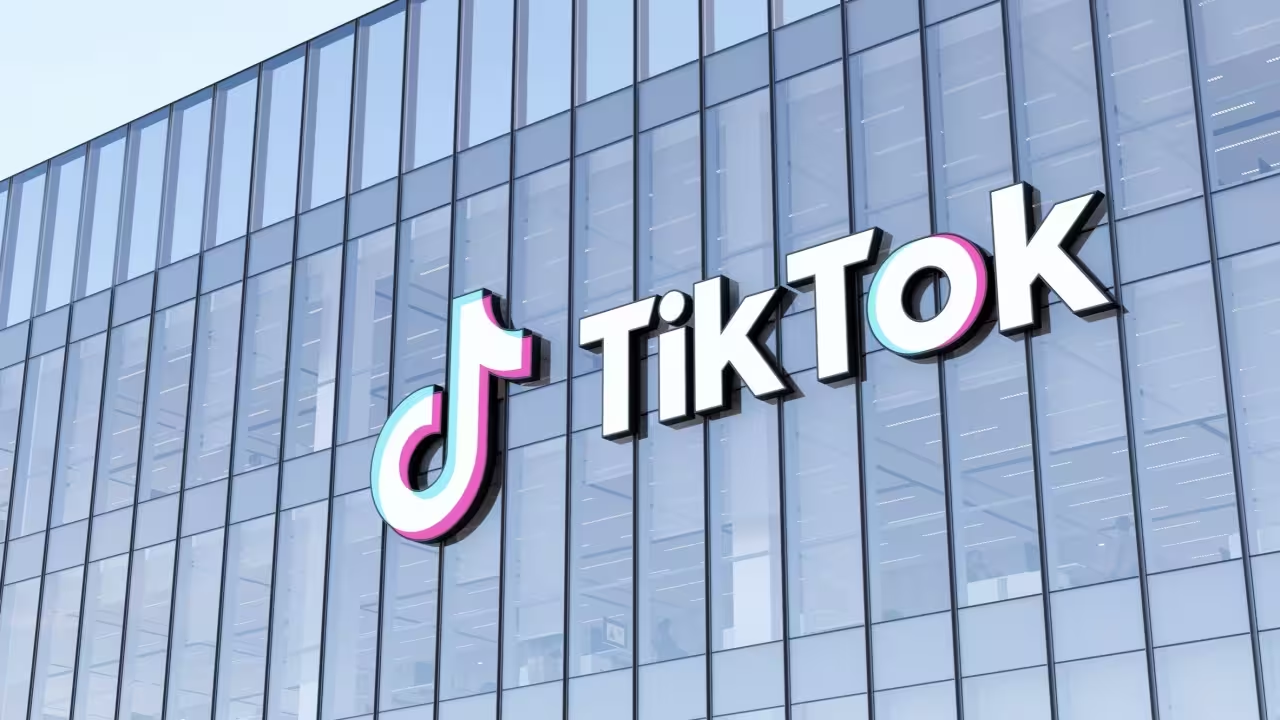3 Minutes
China and the US reach a preliminary framework on TikTok
Recent reports indicate Beijing and Washington have reached a basic framework consensus on the future of TikTok, opening the door for a sale to US investors while potentially preserving China's control over core intellectual property, including the recommendation algorithm. The announcement stops short of a finished deal: negotiators appear to have agreed on terms in principle, not detailed contract language.
What the framework covers
Sources close to the talks say the framework includes licensing of the algorithm and other IP rights. In practice, that could mean China would authorize a US-based operator to use the recommendation engine under a licensing arrangement rather than transferring full ownership.
- Licensing of the recommendation algorithm and related IP
- Implementation steps still to be negotiated by both sides
- Congressional approval required for any final transaction
A likely immediate outcome is a revised timeline. The previously cited September 17 deadline now looks provisional: officials are expected to extend it while they finalize technical, legal, and regulatory details.

US version, data flows, and commercial bidders
People familiar with the matter say a US-specific build of TikTok has been in development for months. That version would aim to keep American user data more tightly controlled and to ensure content created in the US can be shared globally and vice versa. Which companies will acquire TikTok remains unclear. Earlier speculation named Amazon among potential bidders, and industry chatter suggests other tech firms or investor consortia could join the race.
Why this matters for tech, security, and the market
The transaction raises several important considerations for digital policy and the tech economy: data privacy and security compliance, the future of algorithm-driven content moderation, and how licensing versus outright sale could shape competition in social media. For US regulators, the deal would require scrutiny from lawmakers and agencies focused on national security and consumer protections.
In short, the headline is progress toward a solution that balances commercial interests with regulatory concerns, but many critical details remain unresolved as talks move from framework to firm agreement.
Source: gsmarena


Leave a Comment